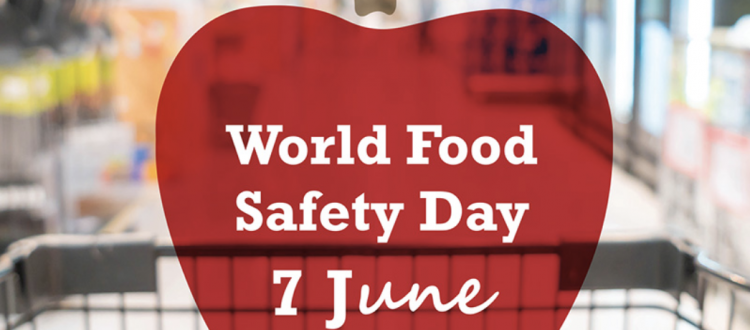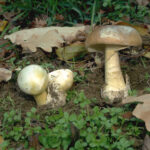
The Food Safety Information Council has released a report card on Australia’s food safety record in recognition of the inaugural UN World Food Safety Day 7 June 2019.
Council Chair, Cathy Moir, said that there are an estimated 4.1 million cases of food poisoning in Australia each year that result in 31,920 hospitalisations, 86 deaths and 1 million visits to doctors on average each year.
‘The theme of the 2019 World Food Safety Day is ‘Food Safety: Everyone’s Business’. The Food Safety Information Council’s role is to educate consumers and the broader community in safe food handling to reduce the number of cases of foodborne illness in Australia. Our consumer research has shown some major food safety concerns:
- A third of all Australian households have at least one vulnerable person at risk of severe illness if they get food poisoning, for example pregnant women, the elderly and people with reduced immunity.
- 70% of Australians don’t know the safe cooking temperature for foods that may be contaminated with Salmonella and Campylobacter, such as poultry and egg dishes.
- 36% of Australians are taking a risk by eating raw egg dishes, with 10% eating raw egg dishes at least once a month.
‘Everyone has a role to play in reducing the number of cases of foodborne illness. You can greatly reduce the risk of food poisoning for you and your family by following our 6 simple tips:
- Always wash your hands with soap and running water and dry thoroughly before handling food and after handling raw meat or poultry, going to the toilet, touching your face or hair, or blowing your nose.
- Never handle food for others if you are feeling unwell.
- Use a fridge thermometer to make sure your fridge is running at or below 5°C.
- Use a meat thermometer to check that high risk foods such as sausages, rolled roasts, hamburger patties and poultry are cooked to at least 75°C in the thickest part of the meat. Egg dishes, such a quiche, should be cooked to 72°C .
- Don’t put cooked meat or poultry back on the same surface that raw meat or poultry has been on and use separate utensils, such as tongs, for raw and cooked foods.
- Wash any equipment such as chopping boards and knives in hot soapy water and dry thoroughly between using them for raw meat or poultry and food like salads that won’t be further cooked.
‘The Food Safety Information Council is working with our members to build a food safety culture in Australia including running Australian Food Safety Week 10 to 17 November 2019. The 2018 Australian Food Safety Week and summer education campaign included radio and TV community service announcements run nationally, our Youtube video was shown in over 5,000 GP surgeries reaching an audience of 15 million and our media interviews and article reached an audience of approximately 2 million.
‘We are currently planning the 2019 Australian Food Safety Week and are inviting organisations who may wish to become involved in our important work to contact us 0407 626 688 or info@foodsafety.asn.au,’ Ms Moir concluded.
The Food Safety Information Council is a health promotion charity and Australia’s leading disseminator of consumer-targeted food safety information.
Media contact:
Lydia Buchtmann, Food Safety Information Council, 0407 626 688 or info@foodsafety.asn.au



